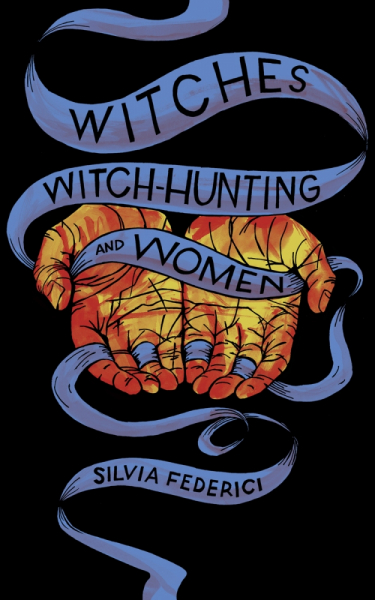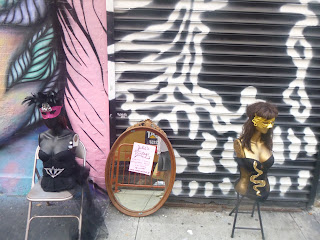


I got back from DC on
Friday night, a high
from the civil disobedience action still pulsing through me. Its hard to
describe all the emotions, which stream through you during such actions,
picking you up, elevating, holding you in the clouds, before crashing,
bouncing, telling those in charge what you really think, before the police grasp
you, putting the plastic handcuffs on your wrists, making your may through the
system.
Back to jail, the train,
and home.
Read How to Read a Protest
and thought.
I got back to Brooklyn
by 745 PM.
A week into his semester at Vassar, my friend
Rob was in town.
We’d spend the weekend
exploring the city.
We talked about emergent
strategies and seaweed, mixing rum and tequila.
We went to Stanley’s
class on Saturday, chatting Adorno.
On the way, the police
pulled us for skipping a turn style.
The sun shone.
I told Stanley about going
to Gramsci’s house.
We walked from 37th
street, looking at the sky, the buildings, taking in delirious New York.
Past the Graduate Center
and Madison Square Park, billowy clouds above, a rally at Union Square, we
strolled through the gorgeous Saturday.
Down to St Mark’s Place,
by the Theater 80, we drank a beer and an absinthe with Jodi.
New York’s her home, but
Scotland is her history.
She’s been everywhere.
The Dodgers pulled ahead.
People were out chatting,
sitting on park benches, playing the numbers on the trains.
It really works, noted a
woman sitting by me.
The F train nowhere to
be found.
J and A back to Holy Brooklyn.
All evening, we read our
stories about seaweed, mothers, and femme fatales, reflecting on NOLA
a week prior, trying to make sense of it all.
We read for hours.
The kids obsessed on
Girlhoods Interrupted.
But we work through
them.
Rob said to read 2666.
Its like you.
“Reading is like thinking, like praying, like
talking to a friend,” prophesized .
Sermons at Judson and
stories.
Can we ever repent for our
migration’s violence?
Thousands of books and
ideas to dance with.
The comics grew
everywhere from the bookstore by Bryant Park.
Andrew had friends over
to the park.
We played frisbie and remembered
the Brain Eaters, Claremont’s ultimate team.
Rob threw it with a good
West Coast spin.
Riding through Holy
Brooklyn on a Sunday.
Rob said goodbye.
Silvia talked about
witches as the senate debated how much perjury is too much perjury, how many abuses
are enough?
And women told their
stories, reminding us, it’s a new time, a new place, a new space for all our
stories.
Capitalism demonizes
those it expatriates.
The which hunts remind
us.
But what are the roots
of the violence, the attacks on the commons?
Do we ever find that
dream place?
Silvia Federici:
Witches, Witch-Hunting, and Women
Sunday, September 30,
5-7pm at Interference Archive
Join Common Notions and
Silvia Federici in the launch of her latest book
Witches, Witch-Hunting,
and Women.
In this new work that
revisits some of the main themes of Caliban and
the Witch, Silvia
Federici examines the root causes of a new surge of
interpersonal and
institutional violence against women, including new
witch hunts. This surge
of violence has occurred alongside an expansion
of capitalist social
relations.
Federici outlines the
consequences for the women affected and their
communities. She argues
that, no less than the witch hunts in sixteenth-
and seventeenth-century
Europe and the “New World,” this new war on
women is a structural
element of the new forms of capitalist
accumulation. These
processes are founded on the destruction of people’s
most basic means of
reproduction. Like at the dawn of capitalism, what
we discover behind
today’s violence against women are processes of
enclosure, land
dispossession, and the remolding of women’s reproductive
activities and
subjectivity.
As well as an
investigation into the causes of this new violence, the
book is also a feminist
call to arms. Federici’s work provides new ways
of understanding the
methods in which women are resisting victimization
and offers a powerful
reminder that reconstructing the memory of the
past is crucial for the
struggles of the present.






































































































































No comments:
Post a Comment